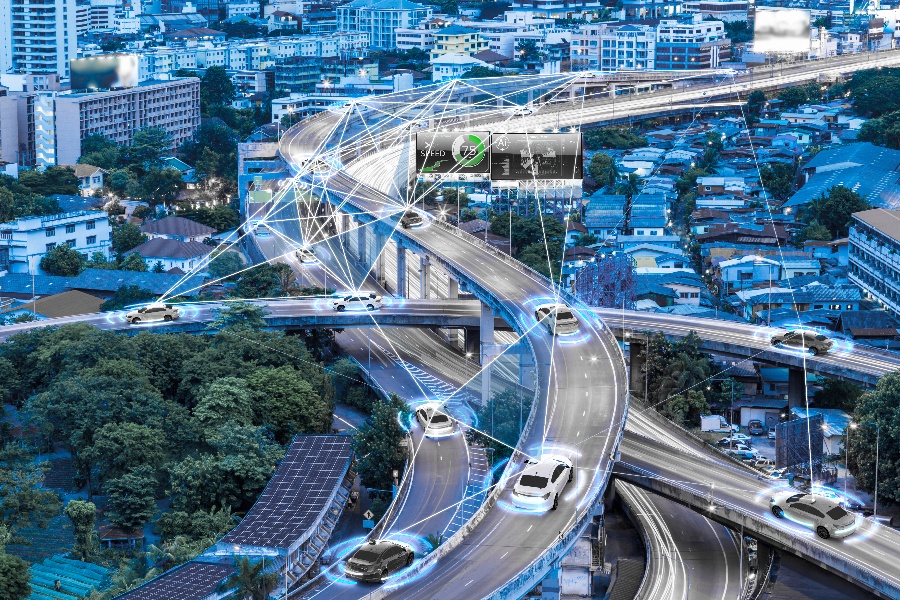
Artificial intelligence is slowly creeping into every crevice of our daily lives. Although relatively in its infancy, AI has managed to take the world by storm, and we could soon see a world where AI is the norm.
The automotive industry is one area that the rise of AI has particularly impacted. With machine learning algorithms and self-driving cars, it is clear that AI will heavily influence the future of transportation.
Let's explore four examples of how AI is already changing the automotive industry.
Driverless Cars
Driverless or autonomous cars are perhaps the best-known examples of AI in action in the automotive industry. As the name connotes, driverless cars are cars that drive on their own. That's right, no driver and no predetermined path for the car to follow.
Driverless cars use AI and ultrasonic sensors on the wheels to navigate, detect obstacles, and make decisions about where to go next. Artificial intelligence detects all sensory inputs, plots the car's trajectory, and then sends the information to actuators in the car. These then control acceleration, steering, and braking.
Failure Prediction
Companies like Google and Uber have been using predictive maintenance models to detect when particular parts may be at risk of failure. By using sensors that monitor vibrations, temperature, and mileage in a car's engine, AI algorithms can routinely assess the health of these components and predict when they may fail.
The result is less downtime, leading to reduced maintenance costs and increased customer satisfaction. This is a huge win for the automotive industry, with the benefits trickling down to other related industries.
Driver Behavior Analytics
Driver behavior analytics is another great example of how AI is changing the automotive industry. By analyzing drivers' behaviors, companies are able to understand their customers better and improve the customer experience.
For instance, smart car systems can detect driver fatigue or distraction and adjust the speed of the vehicle accordingly. In addition, sensors can monitor braking patterns over time and suggest driving routes that are less likely to cause accidents.
Fleet Monitoring Systems
Finally, AI-powered fleet monitoring systems are revolutionizing the world of automotive logistics. These systems use data from GPS trackers, sensors, and cameras to monitor vehicle location and behavior in real time.
This helps companies manage their fleets more efficiently and effectively. In addition, these systems also reduce fuel consumption and carbon emissions by avoiding traffic jams and congested areas.
Emission Monitoring Systems
While AI is certainly having a significant impact on the automotive industry, it also has implications for the ecosystem. One notable example is emission monitoring systems, which use AI algorithms to detect and prevent harmful emissions produced by cars from entering the atmosphere.
These systems are being implemented in cities and other densely populated areas worldwide to help combat rising levels of pollution. In addition, they also provide valuable data on a vehicle's fuel efficiency and driving habits, which can be used to improve future vehicles and reduce overall emissions.
Manufacturing Process Optimization
In addition to these examples, AI is also having an impact on the manufacturing process of cars. By using machine learning algorithms and real-time data analysis, companies can optimize their assembly lines and reduce costs. This improves efficiency in the automotive industry and increases overall competitiveness and customer satisfaction.
Artificial Intelligence Is the Future
As AI continues to impact the automotive industry, we can expect even more exciting applications and innovations in the years to come. Whether it's driverless cars, predictive maintenance, or fleet monitoring systems, one thing is clear, the future of transportation will be driven by artificial intelligence.
At Wilmar Inc, we use state-of-the-art fleet management AI software to optimize logistics and fleet management operations. Contact us today to learn more about AI-powered solutions for your business.








